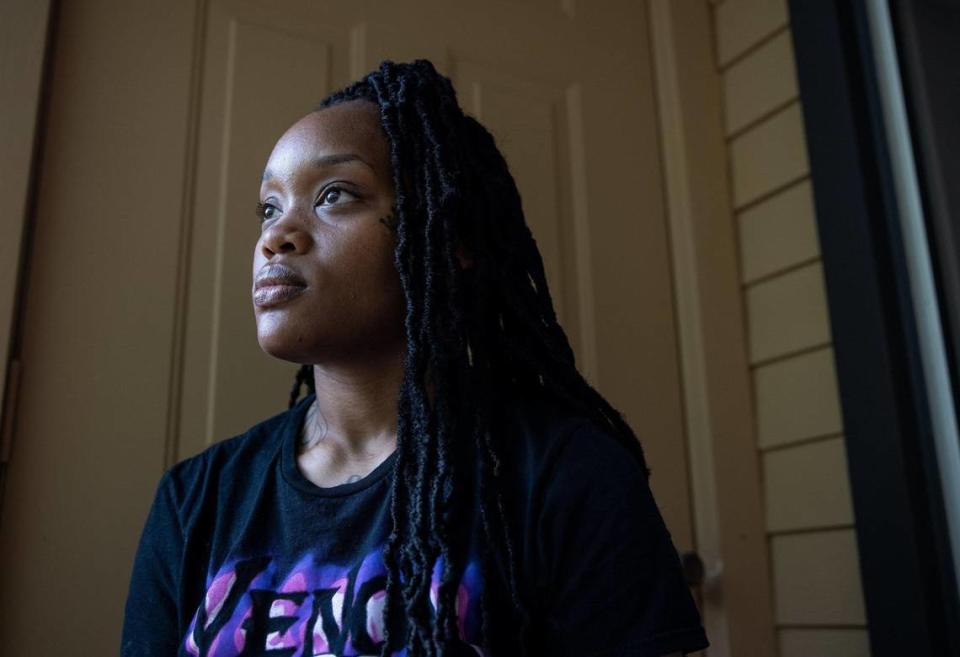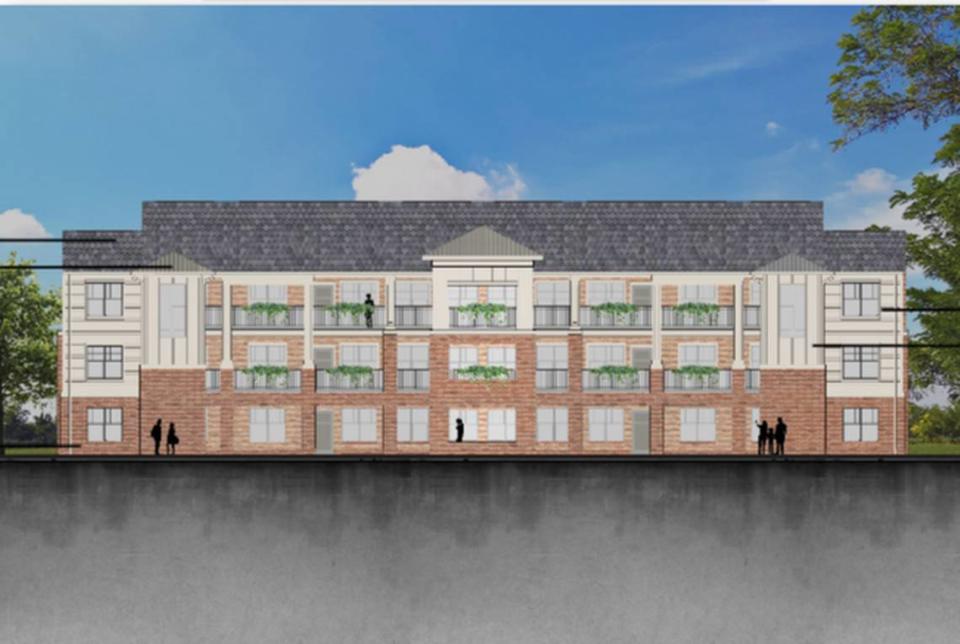Planned Charlotte housing development for once incarcerated ‘a pathway’ for success
In the three years since being released from jail, Jasmine Ingram has struggled to find affordable and decent housing in Charlotte.
The residences she has landed through HUD emergency housing vouchers were worn-down apartment complexes that featured little security on the grounds. Other places were run by property managers who Ingram described as “slumlords.”
Ingram, who has a 3-year-old son and another child on the way, just wants a pleasant, safe environment to raise a family. But Ingram’s criminal record, including a 2019 felony robbery conviction, creates an obstacle for her.
It’s often a challenge for many former justice-involved individuals whose options are limited because of their criminal histories.
“The government tries to help, but you’re being placed in the same environments,” Ingram told The Charlotte Observer. “I’m a single mom living alone, and that’s dangerous.”
Help for people in Ingram’s circumstance is on the way thanks to the Charlotte nonprofit Freedom Fighting Missionaries that plans to support a housing development specifically for the formerly incarcerated.

Opportunities for stable housing
Kenny Robinson heads the nonprofit and recently acquired 1.8 acres of land in University City that will be used to construct townhomes. The organization began in 2020 to assist formerly incarcerated persons become self-sufficient and connect them with housing and employment, the Observer previously reported.
The nonprofit received $4 million in funding to support the effort, including $2 million in American Rescue Plan Act dollars from Charlotte and $2 million from Mecklenburg County.
Rebecca Hefner, the city’s housing and neighborhood services department director, said Charlotte commits $80 million every two years toward affordable housing.
The Freedom Fighting Missionaries townhome project “provides opportunities for stable housing and services that can help lead to well-being and economic mobility” for people recently released from jail or prison, she said.

“It is an exciting project for the city to be able to invest in along with Freedom Freedom Fighting Missionaries,” said Hefner. “Stable housing isn’t just about having a roof over your head. It is about helping individuals and families break the cycle of recidivism. When people have a stable place to live, they can build a better future for themselves.”
Robinson, who once served a 10-year federal prison sentence, understands the challenge of having nowhere to go and no guidance on navigating the world upon release. It is part of the reason he was moved to start the effort.
“This project derived from my own living experiences here in Charlotte,” he said. “Even after becoming employed, I was denied on housing applications for apartments and rental houses.”
Living that uncertain lifestyle drove him to help others land on their feet. Since Freedom Fighting Missionaries started in 2020, the organization has helped hundreds in Charlotte and beyond.
When the two- and three-bedroom, 24-unit development is built in 2025, it will provide stability and community for people who have sought it.
“We hope to provide a pathway to upward mobility and home ownership,” Robinson said.
A great need in Charlotte
In addition to securing a place to stay, Robinson said the housing project initiative would require residents to maintain employment and take financial literacy and homeownership courses facilitated by Wells Fargo and Ally Bank, among others.
Qualifications for residency consideration include being formerly incarcerated and having children, though a previous criminal record is not required, said Robinson. Due to limited capacity, those with sex offenses or arson convictions and those who have active drug addiction will not be served.
While rent rates have not been established for the property, the townhomes will be earmarked for tenants earning between 30% and 80% of the area median income, Robinson said. The median household income in Charlotte is $74,070, according to the most recent U.S. Census Bureau data.
The townhome, said Robinson, is just a start to assisting the formerly incarcerated on a path to true independence and hope.
“The need in Charlotte and Mecklenburg County is greater than 24 units,” said Robinson, who hopes to acquire additional support from the private sector. “We’re setting the precedence that these projects can be done. You don’t have to be a rapper, an athlete, or a corporate person to do it.
“We can do it with community support.”

